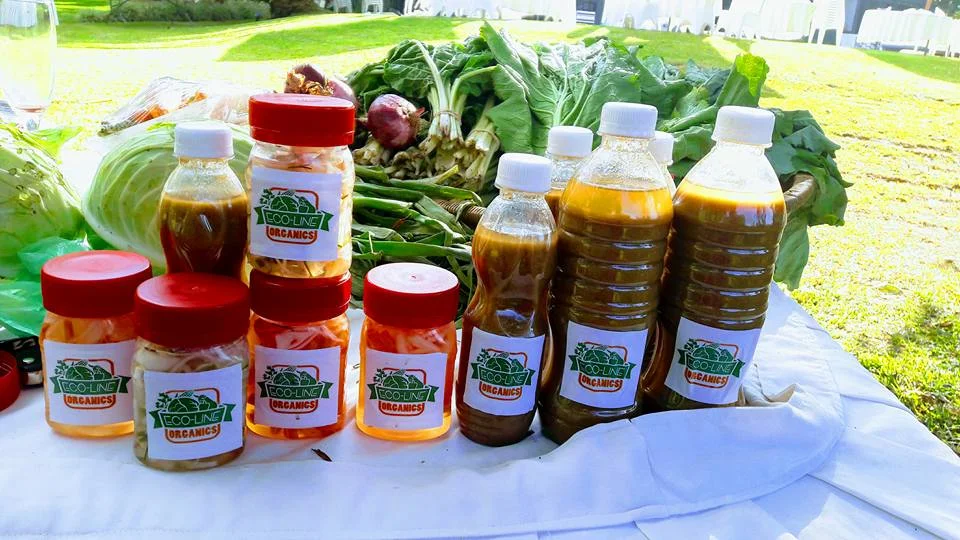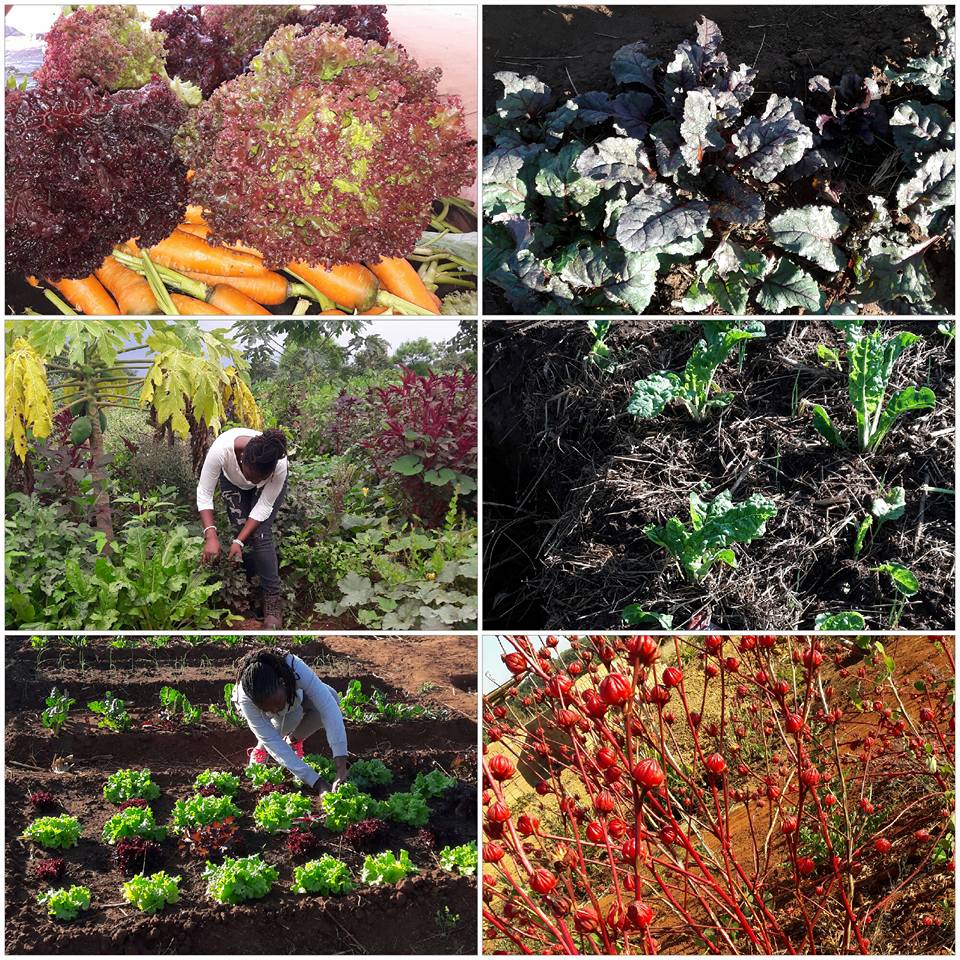Mphatso Kalemba: Eco-Line Organics
Monkeys wrestle, tousling each other’s hair with swift swipes and I’ve bolted from my seat to take a look. A little later, I will unknowingly and unwisely, taunt a monkey to cast aside his stolen carrot and leap down the railing, giving me a close-up of his face as he jumps two inches over my forehead, daring to grab at my camera. I don’t mind playing the foreigner so overtly if it means I can be enchanted by creatures so different from what I’m used to, even as my fellow co-workers of the Flame Tree Initiative laugh amiably from the porch above.
Wayne and Lauren chide my antics good-naturedly as I leap back up the steps, just as Mphatso Kalemba joins us at the wildlife reserve in Lilongwe, Central Malawi. Mphatso has a Master’s Degree in Environmental Governance specializing in Biodiversity Governance and a Bachelor's of Science Degree in Food Science and Technology and she has had the inspiring foresight to utilize her advanced education for social impact.
Mphatso is a woman striking in her gracious poise and passionate intellect. She is prepared for our discussion, whipping open a notebook filled with notes for her strategic plan. She is a sweeping force of clarity reminding us why we are halfway around the world, compelled by Malawi and its people, hopeful for its progress.
Through her company, Eco-Line Organics, Mphatso works with indigenous plants to utilize their natural oils, leaves, and roots for herbal medicine, pharmaceuticals, cosmetics, and teas, among other products. What is remarkable is that many of the plants she seeks to use grow around the cultivated plots of smallholder farmers who aren’t aware of the value of these freely growing species. Corporations based outside Malawi take advantage of their ignorance, sweeping in and reaping these high-value plants to place in their own products, giving the farmers very little, if any compensation.
Mphatso wants to change that by educating farmers in different regions in such a way that they can educate others. She will analyze soils and climates in order to discern where certain crops can most efficiently and ethically be grown.
Convincing smallholder farmers to switch from old standby crops like corn and non-native vegetables to their native counterparts will be a hard sell, but Mphatso is already doing this through permaculture practices on her own farm. She has a natural model ready to display. Similarly, we are ready to display her to the rest of the world.
Mphatso already has contracts set up with local restaurants acquired by asking their needs and then finding the species that grows best in that area. One of our roles will be to help her track the most relevant data to measure her social impact and scale responsibly. She has already identified a test group of farmers who see her long-term goals of higher yields and higher profits to whom she can teach this new line of agriculture.
Each of our Flame Tree Fellows gives us new hope for positive change. Mphatso is no different. Her passion and enthusiasm for her work are a major driving force in creating a more equitable and environmentally sustainable Malawi.
Story by Angel Allendale
For more stories on our entrepreneurs, visit our pages on Grace and Sungani and Brown.




